Resolution #468
 |
The question of the long-term psychological effects of technology addiction on youth. |
| Committee: The Special Conference on Youth | |
| Main Submitter: United Arab Emirates | |
| Submitted: 15/02/2025 16:56 |
| Status |
|---|
| Passed cosubmitter sheet validation |
| Approved by approval panel |
| Selected for debate by secretariat |
| Passed by committee (The Special Conference on Youth) |
Committee Voting
| For: | 38 |
| Against: | 4 |
| Abstentions: | 0 |
Options
Co-submitters
 | Albania |
 | United Kingdom |
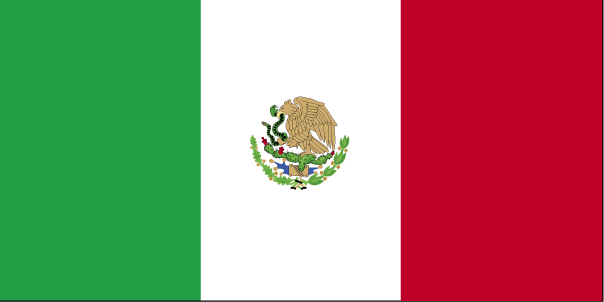 | Mexico |
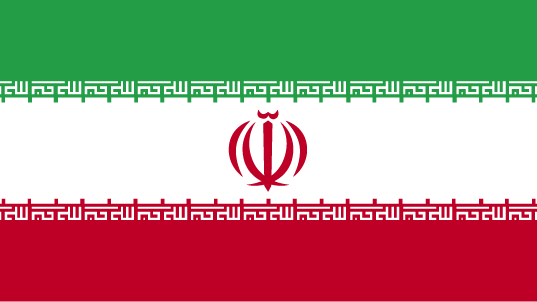 | Iran |
 | France |
 | Nepal |
 | Russian Federation |
 | Hungary |
 | Bangladesh |
 | Malta |
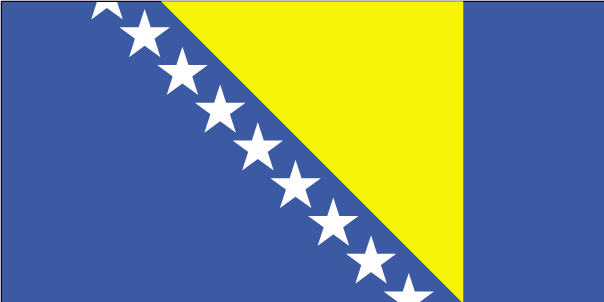 | Bahamas |
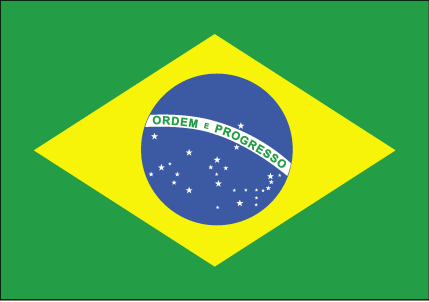 | Brazil |
 | Iceland |
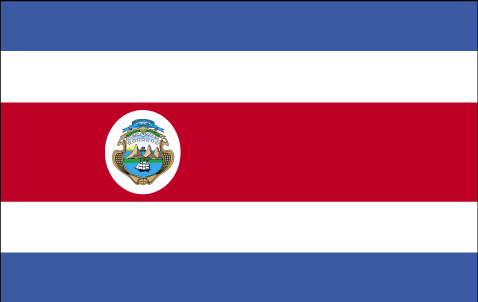 | Costa Rica |
Resolution
TQO: Mitigating the Long-Term Psychological Effects of Technology Addiction on Youth
FORUM: The Special Conference on Youth
Main Submitter: United Arab Emirates
Co-submitted by: Albania, United Kingdom, Mexico, Iran, France, Nepal, Russia, Hungary, Bangladesh, Malta, Bahamas, Brazil, Iceland, Costa Rica
Acknowledging that parents, educators, healthcare professionals, and technology providers all play pivotal roles in preventing and mitigating the adverse psychological consequences of technology addiction,
Recognising that youth represent a vulnerable demographic whose mental health and developmental trajectories can be critically impacted by technology overuse,
Emphasising the urgency of developing comprehensive, evidence-based policies and interventions to promote digital well-being and to support the mental health of young people,
1. Calls for the creation of a new UN sub-body called the United Nations sub body on Youth Technology Addiction (UNYTA), composed of youth mental health experts and any relevant experts in the field, to implement every clause in this resolution to the fullest and will aim to combat the psychological effects of youth technology addiction, through means such as but not limited to:
a. Conduct research on the long-term psychological effects of technology addiction on youth, focusing on areas such as social isolation, attention disorders, and overall mental health
b. Develop standardised guidelines and best practices for healthy digital consumption, including recommendations for digital detox, balanced screen time, and promotion of offline activities, with regards to the research conducted in subclause a
c. Train youth psychologists and guidance counsellors across the world in schools to help combat the effects of technology addiction;
2. Recommends the creation of a global mass media campaign, to be overseen by the UNYTA, in conjunction with the United Nations Department of Global Communications and member states, to:
a. Educational programs for youth that include
i. digital media literacy courses designed for high school students; aiming to develop critical thinking skills, identify harmful content, and seek out for cyberbullying and disinformation, that shall be integrated to the school curriculum
ii. strategies to tackle technology addiction| mindfulness practices taught by school counselor or school psychologist
b. Provides public awareness campaigns to inform individuals about irresponsible technology usage and promote healthy digital habits by establishing nationwide media campaigns led by governments which utilizes television, radio, and social media to educate the public concerning the risks of excessive technology use and addiction;
3. Encourages Public-Private Partnerships between UNYTA, member states and social media companies in order to:
a. Implement in-built digital well-being tools such as screen time tracking, usage reminders, and digital break prompts aimed at reducing addictive behaviour among youth
b. Adjust content algorithms to prevent the over-promotion of engaging but potentially harmful digital content, ensuring that verified, educational, and health-promoting information is prioritised;
4. Further calls for the creation of an annual conference, with the option to attend online, to be held in Geneva, Switzerland which would be attended by representatives of all willing member, relevant media companies, the aforementioned Ambassador and representatives of any other relevant organisations, to facilitate international dialogue on the issue of the effects of technological addiction on the youth, this conference will:
a. Aid in the organisation of conferences with the help of local authorities and UNICEF, and any other relevant UN bodies in workplaces and public places to educate legal guardians on how to prevent technology addiction and minimise its psychological effects by
i. Inviting parents and legal guardians to use dual monitoring tools, for controlling their children’s activity on social media platforms to prevent them from accessing unwanted content such as violent videos, adult content, and suggestive imagery
ii. Monitoring children’s online activity in real-time and restricting their screen time via parental authority which will work against the excessive usage of internet and social media of the youth,
iii. These conferences will be available to the public to attend online
b. Educating health ministries of governments on implementing and distributing mental health information to the public and possibly providing psychological counselling services to their youth population
5. Advises stakeholders of companies developing the platforms that could lead to addiction to have an eager approach to the issue of cyberbullying by:
a. creating a safer environment on social media by strengthening policies against bullying, harassment and offensive content
b. improving the protection of the personal information of users from spreading in the internet which can cause cyberbullying.